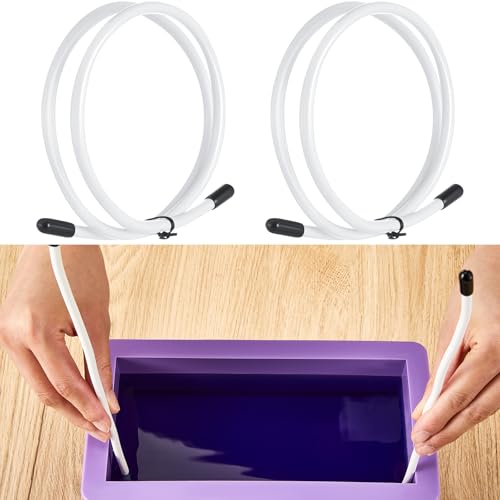has anyone used CBD oil in cold process soap? If so what were your results or any recommendations?
UNITED STATES ONLY
There are two kinds of CBD oil; the one derived from cannabis and the one from hemp. The only one that is currently being sold in products is hemp-based...UNLESS you live in a state where cannabis is legal and then it is tightly regulated and can only be sold in that state.
Adding hemp-based CBD Oil to your soap takes it from being a "soap" to a medical product and you need to get licensed and approved by the FDA, and it is not a cheap or quick process since your soap will need to be tested to make sure that it isn't "harmful". If you are making Cold Process Soap, the oil will be destroyed during the saponification process. If you are making Hot Process Soap, a portion of the oil will survive, but to what end? Soap is a wash-off product and so there is zero benefit to the end-user...even if you were to leave the soap on your skin for a half hour and who is going to do that?
Since I live in a state that allows for legal weed, I occasionally get requests for a "weed" soap. I do make a novelty one with a Marijuana FO, but that is as far as I will go. 1) It is just too cost prohibitive to make either a hemp or cannabis-based CBD Oil soap even if I were to grow the hemp or cannabis myself (actually more expensive since I would need to be licensed by the state as well. 2) I am not going to sell a product that provides zero benefit to the user and then end up with a reputation for producing a "bad" product. Even here, where cannabis-based CBD products are tightly controlled, you get manufactures selling a bunk product. It took me three tries to find an ointment that actually worked on my hands. I have a bit of arthritis; not yet bad enough to warrant medication, but some nights are worse than others.
So...recommendation? Unless you are willing to go through the expense and hassle of selling what is really no more than a novelty soap, don't.

































